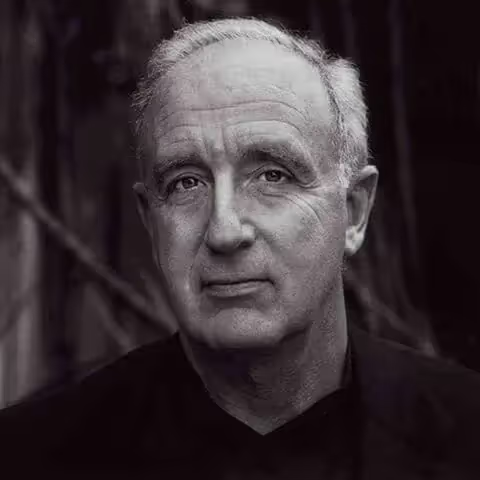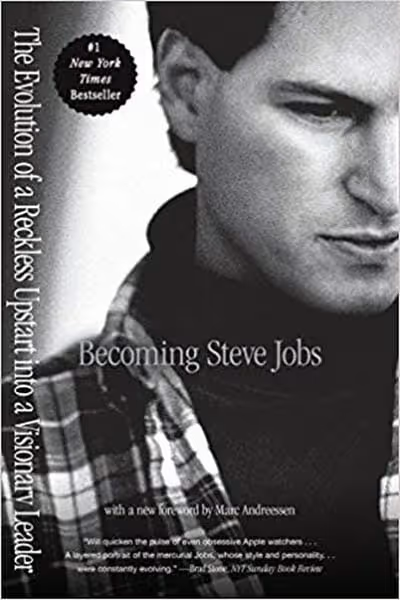The Obstacle Is the Way
#1 Wall Street Journal Bestseller
The Obstacle is the Way has become a cult classic, beloved by men and women around the world who apply its wisdom to become more successful at whatever they do.
Its many fans include a former governor and movie star (Arnold Schwarzenegger), a hip hop icon (LL Cool J), an Irish tennis pro (James McGee), an NBC sportscaster (Michele Tafoya), and the coaches and players of winning teams like the New England Patriots, Seattle Seahawks, Chicago Cubs, and University of Texas men’s basketball team.
The book draws its inspiration from stoicism, the ancient Greek philosophy of enduring pain or adversity with perseverance and resilience. Stoics focus on the things they can control, let go of everything else, and turn every new obstacle into an opportunity to get better, stronger, tougher. As Marcus Aurelius put it nearly 2000 years ago: “The impediment to action advances action. What stands in the way becomes the way.”
Ryan Holiday shows us how some of the most successful people in history—from John D. Rockefeller to Amelia Earhart to Ulysses S. Grant to Steve Jobs—have applied stoicism to overcome difficult or even impossible situations. Their embrace of these principles ultimately mattered more than their natural intelligence, talents, or luck.
If you’re feeling frustrated, demoralized, or stuck in a rut, this book can help you turn your problems into your biggest advantages. And along the way it will inspire you with dozens of true stories of the greats from every age and era.
The Obstacle Is the Way, a professional athlete cult classic, is a manual for resolving any issue keeping you from accomplishing lofty objectives. It is founded on the principles of stoicism, an old Greek philosophy that encourages cool logic in all circumstances. According to Ryan Holiday, you may use your challenges to your advantage by choosing to see them as opportunities.
Holiday, a former marketing executive turned Stoic guru, is credited by the New York Times with starting the modern self-help/Stoic movement.
There is no good or bad without us, there is only perception. There is the event itself and the story we tell ourselves about what it means.
































































